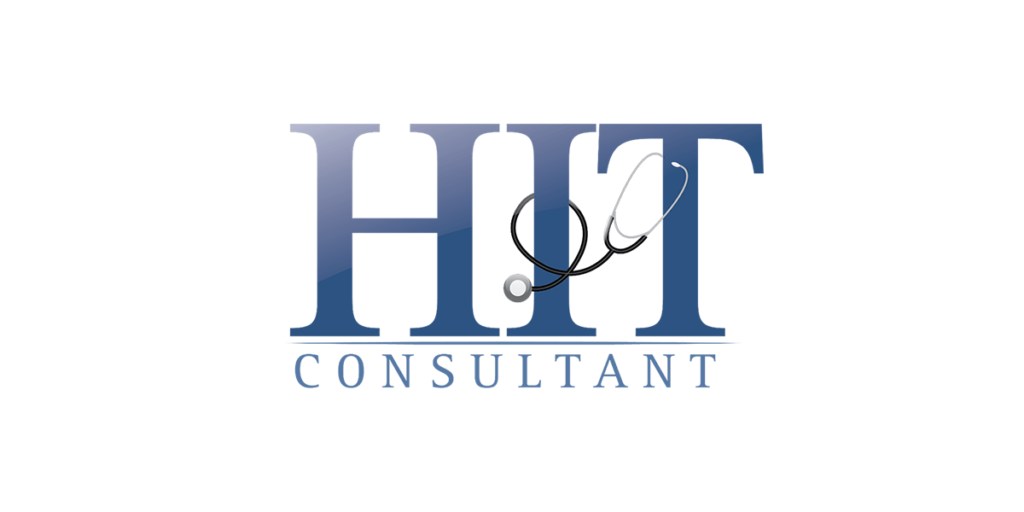New AI Accurately Translates 93% of Prescription Information Imported into EHRs
What You Should Know:
– Healthcare technology company DrFirst has announced the release of its next generation, patented SmartSig AI technology to improve the quality of patient medication history when it is imported into hospitals’ and health systems’ electronic health records (EHRs).
– Simple prescription instructions, called “sigs,” can have hundreds of variations or be missing entirely from patients’ medication histories when they are imported into hospitals’ EHRs. The missing instructions add to the risk of medication errors and take time for staff to reconcile during the medication reconciliation process.
– SmartSig 2.0 accurately translates nearly 93% of incoming prescription information, saving up to 30 seconds of work for each drug entered during the medication reconciliation process.
DrFirst, a Rockville, MD-based provider of e-prescribing, patient medication management, and price transparency solutions, today announced the release of the next generation of its SmartSig technology, which uses patented artificial intelligence (AI) to improve the quality of patient medication history when it is imported into hospitals’ and health systems’ electronic health record (EHR) systems. Clinicians use the imported information for medication reconciliation, which is recommended every time a patient is admitted, transferred, or discharged from a healthcare facility. Accurate medication reconciliation is a National Patient Safety Goal of The Joint Commission.
How Gaps in Prescription Histories Complicate The Medication Reconciliation Process
Simple prescription instructions, called “sigs,” can have hundreds of variations or be missing entirely from patients’ medication histories when they are imported into hospitals’ EHRs. The missing instructions add to the risk of medication errors and take time for staff to reconcile during the medication reconciliation process. In addition, the wide variability of sig terminology presents a more significant challenge than most people might imagine for translating and structuring the data, said G. Cameron Deemer, president of DrFirst. “Even a simple prescription instruction, such as ‘take one tablet by mouth once daily,’ can have hundreds of text variations,” he explained. These gaps in prescription histories complicate the medication reconciliation process, often requiring clinicians and staff to spend hours conferring with pharmacies and other providers to gather missing sig details and then manually enter them
A recent study by the University of Michigan reveals that quality issues due to free-text sigs also negatively impact pharmacy workflow and endangers patients, requiring pharmacists to manually edit 84% of electronic prescriptions to create accurate patient labels, which can still introduce human errors. The study, published in May by BMJ Quality & Safety, concludes that “development of tools and techniques such as a comprehensive set of structured direction components or machine learning-based natural language processing techniques may help produce clear directions.”
How SmartSig 2.0 Works
DrFirst’s SmartSig is incorporated into the company’s MedHx solution, which provides a more complete, clean, and consumable patient medication history for the medication reconciliation process. When medications are imported into EHRs, sigs associated with them typically arrive as unstructured free text, often with missing pieces of information and using a variety of terms for the same instructions (e.g., “by mouth” vs. “orally”) which makes the process of entering the medications labor-intensive and increases the risk of adverse drug events (ADEs).
SmartSig AI addresses these challenges by producing accurate, structured, real-time translations. The technology converts free text elements of medication sigs into a health system’s standard terminology and processes the data into appropriate fields so that it becomes functional within the EHR. With better and actionable data, health systems’ EHRs can more accurately trigger critical safety checks, such as drug interactions and allergy alerts.
SmartSig 2.0 accurately translates nearly 93% of incoming prescription information, called sigs, helping avoid medication errors and saving up to 30 seconds of work for each drug entered during the medication reconciliation process.
Initial Results/Outcomes for Providers
This time savings can add up to several thousands of hours in a month, depending on the size of the hospital or health system. For a mid- to large-size hospital reconciling more than 2 million patient medications in a month, this could save more than 200,000 work hours per year.
In an initial study with six health systems, SmartSig 2.0 further enhanced the quality of structured and codified sigs over the previous version. Sig translations from free text increased by an average of 11% with the next-generation technology, compared to SmartSig 1.0, which already improved translation and inference by up to 82%. The early adopters include Covenant HealthCare (Saginaw, Mich.), King’s Daughters Medical Center (Brookhaven, Miss.), Lafayette General Health (Lafayette, La.), Maimonides Medical Center (Brooklyn, N.Y.), and St. Claire HealthCare (Morehead, Ky.).
SmartSig’s patented AI is a game-changing solution that nearly perfects the quality of converted free-text sigs and drastically reduces the amount of time staff must spend verifying and reconciling medication histories,” he added. “More importantly, SmartSig has the potential to reduce adverse drug events, which are blamed for more than 100,000 deaths per year,” said Deemer.
Provider Adoption
First implemented in 2015, SmartSig now serves health systems across the U.S. and Canada as part of DrFirst’s MedHx solution, processing millions of pieces of information daily. Early adopters of SmartSig 2.0 within MedHx have successfully integrated the solution with all the major EHRs in the U.S.
Read the article on HIT Consultant.

















